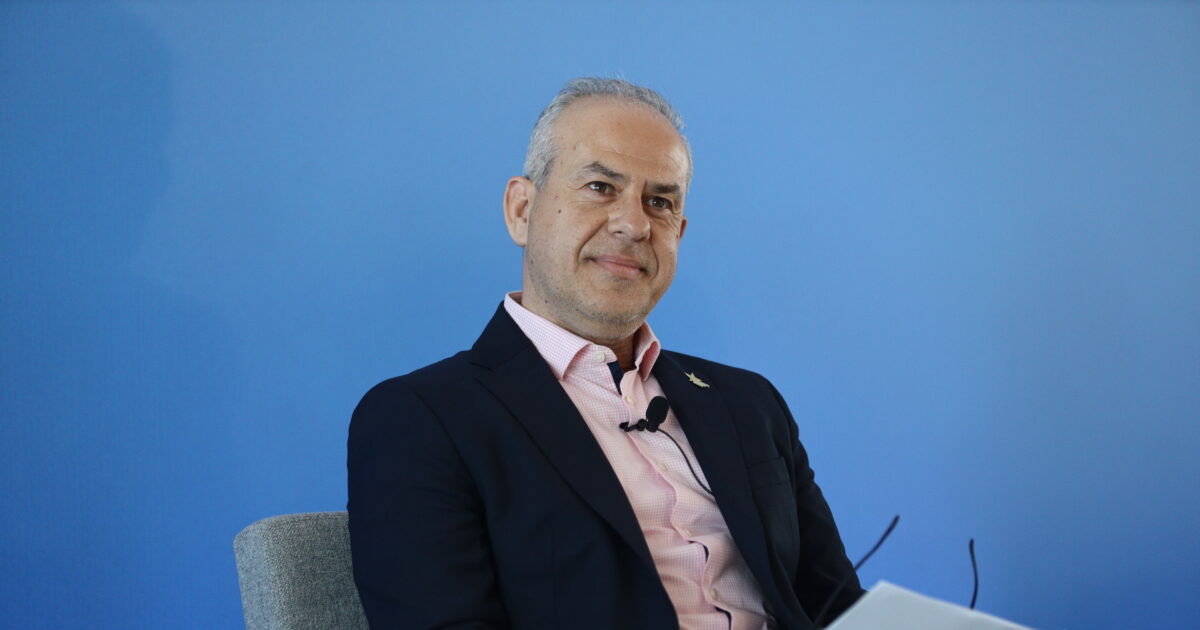INE GSEE’s annual report on 2025 reflects a critical transformation of the Greek economy: the divergence between the growth rates and the distribution of its benefits. In 2024, GDP increased by 2.3%, mainly through private consumption and investment. In the period 2019–2023, while the real household income increased by € 8.3 billion and consumption by € 7.9 billion, the increase in real wages was reduced to just € 130 million. On the contrary, wealth income increased by $ 4.5 billion and from a $ 2.6 billion business.
At the same time, the consumption of employees remained stagnant, while for households who have at least one employer has almost doubled. The displacement of the dynamic accumulation of wealth to the upper income strata makes it clear that the work is not sufficiently calculated in the development model. In this context, economic policy must not be confined to macroeconomic balancing, but at the same time ensure the institutionalization of labor as a pillar of productive stability and social balance.
Productivity without salary justice
The relationship between productivity and earnings is constantly weakened, revealing a critical discontinuity within the Greek productive system. In the period 2019–2024, actual labor productivity increased by 1.2%, but the average real hourly wage decreased by 4.7%. Among the eleven key sectors of the economy, productivity increased to eight, but salaries increased only to two. In 2024, the share of business profits in GDP amounted to 50.2%, compared to 41% in the European Union. This change indicates a systematic redistribution of surplus at the expense of work.
This development is also reflected in the determinants of price rise. In Greece, the rise of deflated GDP (it is the index that measures the level of prices produced in an economy) results from an increase in business margins as a first cause, from the cost of imports as a second. The wage costs have a limited contribution to its rise. As a result, the purchasing power of the employees is constantly eroded: 57.1% say they do not go beyond, and almost one in three are unable to allocate even a small amount for personal use. Severe material and social deprivation reaches 8.8%, far exceeding the European average of 3., 8%. In this context, it is clear that improving productivity does not constitute a progress index alone, since it is not accompanied by redistribution and institutional reinforcement of wage labor.
Investment Dependence and Productive Defense
The investment activity of the Greek economy in 2024 is characterized by external dependence and limited structural efficiency. Although investments have increased in absolute terms, 26% of them were covered through subsidies, mainly by the recovery fund – the highest percentage among EU countries. This great dependence raises questions about the sustainability of investment operations in the medium term, as well as the capacity of businesses. In addition, the distribution of investment indicates a steady orientation to construction and real estate, at the expense of manufacturing and technology.
The result is the persistence of the productive deficit. In 2024, the current account balance showed a deficit of -6.4% of GDP, mainly due to increased demand for imported intermediate products. Greece is unable to substitute for imports of medium and high technological content, which confirms the low interface of domestic production with world value chains. Of the 21 basic categories of goods, only four have a positive net export balance – and of them only two belong to manufacturing. The economy is moving in an environment of growing extroversion without a corresponding enhancement of internal productive potential. Without technological upgrading and changing investment orientation, the productive deficit will continue to undermine macroeconomic balance and social cohesion.
Inequalities in employment and internal weakening
The increase in employment in Greece in 2024, with 63.3% for ages 15–64 and a decrease in unemployment to 10.1%, is recorded as a positive development. However, this improvement is accompanied by durable quality inequalities. Greece is still in charge of the EU in terms of overall employment rate, while maintaining the second largest divergence between men and women and the third largest between young and older ages. Even more indicative is the fact that the country records the lowest percentage of higher education graduates (80.3%), indicating low qualifications and inability to connect with sufficiently specialized jobs.
For a programmatic reassignment of the work
The data of the INE GSEE annual report for 2025 make up a stabilization image without empowerment. The Greek economy has a superficial macroeconomic balance, but it maintains deep structural weaknesses that are significantly related to the retreat of labor share. In this context, the placement of work as one of the central pillars of the development plan is not only a matter of social justice but also a prerequisite for the viability of the overall strategy.
Increasing the minimum wage is needed to be disconnected from rational benefits and reconnect with livelihood and collective bargaining. The restoration of collective agreements and collective bargaining is absolutely imperative.
At the same time, public policy must support investments with high technological and social multiplier, enhance public infrastructure in the areas of care, training and regional development, and to propose the quality of work as a criterion of allocation.
The work cannot remain a passive receiver of developments. It must recover institutional status, political burden and strategic centrality. Without a programmatic reconstitution of the work, no developmental course can be considered preserved or fair.
Christos Goulas*
*Christos Goulas, PhD, is General Manager of the GSEE Institute of Labor
